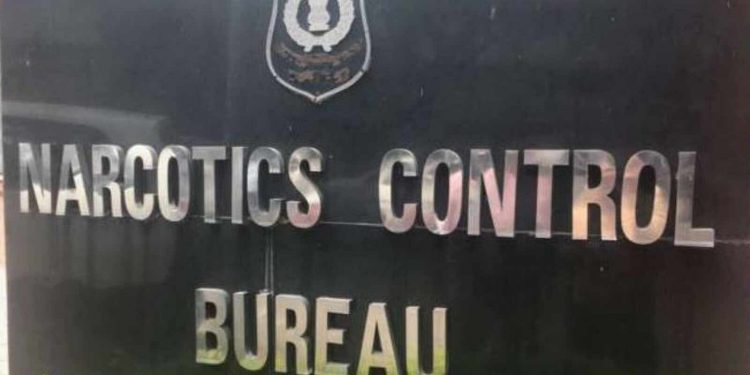New Delhi: The Narcotics Control Bureau (NCB) has issued an all- time high of 18 orders in the last about three months under the PITNDPS Act, a rarely invoked stringent law that allows preventive detention of habitual drugs-crime offenders for up to two years.
The detenus against whom the order has been issued include foreign nationals.
During the detention period, the accused cannot get bail or any relief that can set them free.
The federal anti-narcotics agency, officials told PTI, decided to use the law after NCB Director General S N Pradhan reviewed the functioning of the agency and directed that officers should only concentrate on big narcotics cases and linked cartels, prepare robust cases backed with fund trail probe and ensure conviction of the accused.
The PITNDPS or Prevention of Illicit Traffic in Narcotics Drugs and Psychotropic Substances Act of 1988 “provides for the detention of persons concerned in any manner with illicit traffic in narcotic drugs and psychotropic substances for one or two year(s) with a view to preventing them from engaging in such harmful and prejudicial activities.”
As many as 18 orders have been issued by the NCB under the PITNDPS in the last three months time as compared to about only four-five such orders issued over the last six years, officials said.
Those detained under the PITNDPS includes foreign nationals, like those from African nations who are regularly caught in drug crimes in India, they said.
Under the scheme of this criminal law, the prosecuting agency first prepares a proposal for detention of a person (whether under arrest or otherwise) making a case that “unless prevented, the person(s) is likely to continue harmful and prejudicial activities by engaging in illicit traffic of drugs.”
This proposal is subsequently vetted by a designated screening committee which either recommends the detention proposal to the detaining authority or disallows it.
The detaining authority is either an officer of the rank of joint secretary at the centre or a chief secretary in the state and it can issue an detention order for a period of one year extendable to two years under certain conditions subject to confirmation by an advisory board in the high court.
Detention under the law is also one of the grounds that allows the agency to attach the assets of an accused. The detention period also helps investigators to go deep into the crime nexus and apprehend more people and disrupt the syndicate, they said.
Officials said post the review by the NCB chief, the agency has started looking at cases involving repeat or habitual narcotics criminals not only in their files but also in big cases handed over by the states.
The review came around the same time when the agency got embroiled in controversies following its October last year raids on the Cordelia cruise in Mumbai where the impartiality of the ‘panchas’ (witnesses) deployed by it came under question and even allegations of extortion were raised against the investigators.
These charges are currently being probed as part of an internal NCB vigilance enquiry.
Keeping in mind the magnitude of the drugs challenge, the Union Home Ministry has also recently sanctioned a total of 1,826 new posts to the NCB and this new manpower will be used to create a new cyber operations wing, additional zonal and sub-zonal offices in the country and creating more ranks in the supervisory rank of deputy director general (DDG).
After the final sanction is received from the government, the recruitment and deputation process for the new posts will be initiated, they said.
The agency at present has a sanctioned strength of about 1,100 personnel out of which it has an actual strength of just over 700 staffers.
About 50 public prosecutors have also been engaged by the agency to present their cases before respective courts. The agency never had these many prosecutors at one time to fight its cases, officials said.
PTI






































